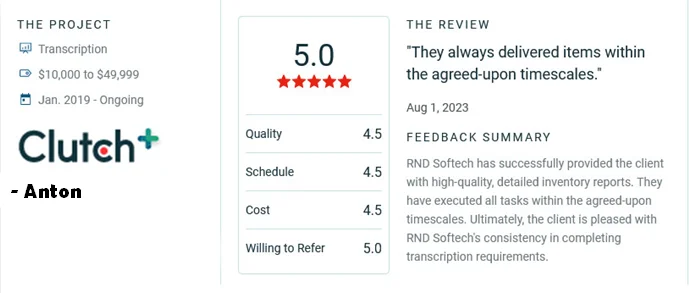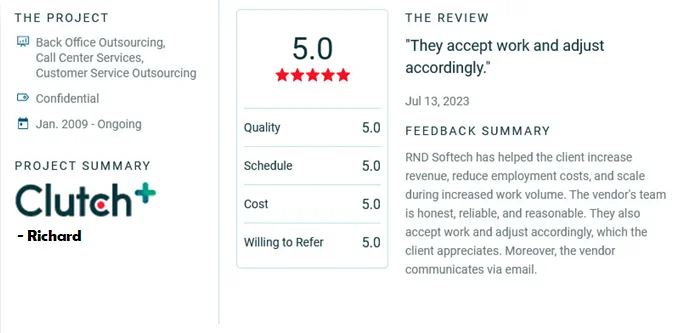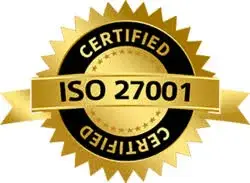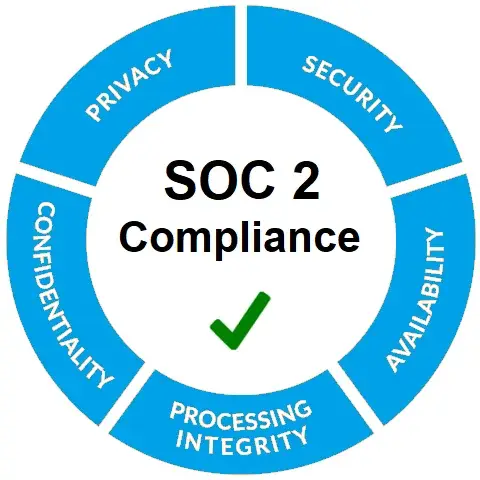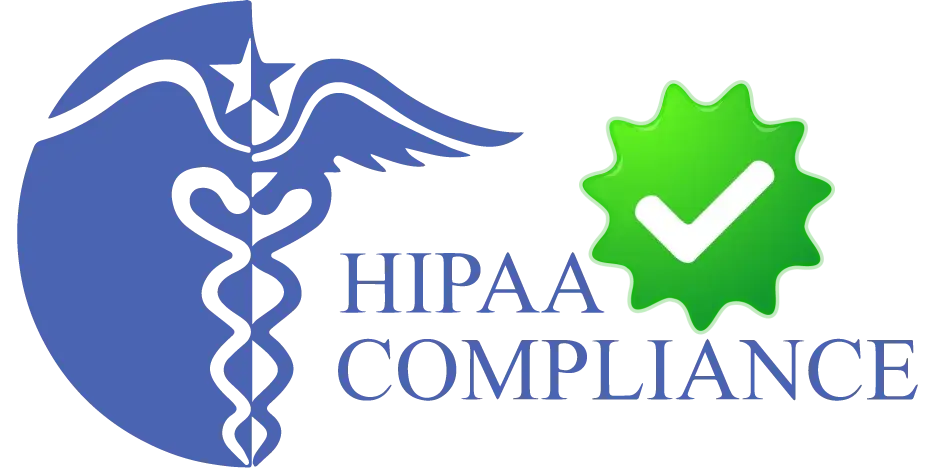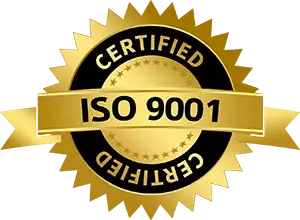Ensuring Compliance and Mitigating Risk:
Comprehensive documentation is not only
a requirement for accurate billing but also essential for compliance with regulatory
standards such as HIPAA (Health Insurance Portability and Accountability Act) and CMS
(Centres for Medicare & Medicaid Services) guidelines. Proper documentation minimizes
the risk of audits, penalties, and legal liabilities, safeguarding the financial integrity
and
reputation of healthcare providers.
Facilitating Timely Reimbursements:
Timely and accurate submission of claims is
crucial for prompt reimbursement. Effective documentation ensures that all billable
services and procedures are accurately recorded and coded, reducing the likelihood of
claim denials or delays. By streamlining the billing process, healthcare organizations can
expedite cash flow and improve revenue cycle efficiency.
Enhancing Patient Care and Satisfaction:
Detailed documentation facilitates continuity
of care by providing a comprehensive overview of patients' medical histories, treatments,
and outcomes. Access to accurate and up-to-date patient information enables healthcare
providers to make informed clinical decisions, improve care coordination, and enhance
patient satisfaction. A well-documented medical record also serves as a valuable
communication tool among healthcare team members, fostering collaboration and
ensuring continuity of care.
Supporting Data-Driven Decision-Making:
Accurate data entry and documentation
yield a wealth of clinical and financial data that can be leveraged to drive strategic
decision-making and performance improvement initiatives. Analysing billing data,
reimbursement trends, and revenue cycle metrics enables healthcare organizations to
identify opportunities for process optimization, revenue enhancement, and cost
containment. By harnessing data analytics, healthcare providers can gain valuable insights
into their financial performance and adapt their revenue cycle strategies to achieve
sustainable growth.
Navigating the Transition to Value-Based Care:
As healthcare shifts towards value-
based reimbursement models, effective documentation becomes even more critical.
Value-based care emphasizes quality outcomes and patient satisfaction over the volume of
services rendered, necessitating comprehensive documentation to demonstrate the value
and effectiveness of care delivery. Accurate documentation of clinical outcomes, quality
measures, and patient-reported data is essential for success in value-based reimbursement
arrangements and alternative payment models.


